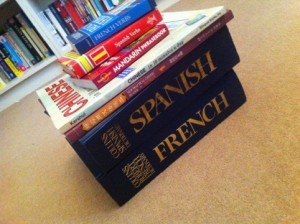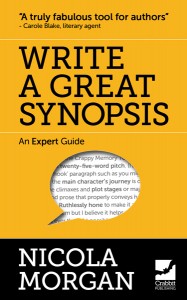Life can get in the way of things, things that are really quite important. Creativity can be one of the first things to go; when you’re tired or stressed, or in pain, or suffering. It seems frivolous. When you are busy thinking about how to get enough energy to prepare the next meal, or if the work will keep coming in, or if the children are happy at school, creativity is waaaay down your list of priorities; so far down that it’s probably just dropped quietly off the bottom altogether, without you even noticing.
Recently I’ve been rediscovering my own creativity. It dropped off the bottom of my own list, for a good few years. When I was a child, I was always doing something creative. Making up stories, creating dolls and their costumes out of paper, playing music, make-believe games, simple daydreaming. And now, some of those things are coming back. I’m playing the piano again, I’m singing sometimes. I’m rediscovering creativity through mobile photography – my #project366 on Instagram. I haven’t done it everyday, but I’ve done it enough that I’m noticing an improvement in my phoneography skills and in my eye for a picture opportunity, and regular bursts of creative impulses firing off in any direction that I will allow. Is that a clumsy metaphor? I don’t know, possibly, but I don’t care because it expresses what’s happening.
I’m also noticing, as I get to the end of my degree (which seemed a thousand leagues away until just recently), that my studies have awakened my curiosities and made me eager to learn. I’ve loosened up my language, switching from the prescriptivism of the Grammar Police to descriptivism and the pure joy of language for its own sake, seeing how it changes and evolves and gets manipulated for our own purposes. I am on track for a good degree classification and a career aim to work towards.
I am writing again. I stopped writing for a long time, and told myself that I’d pick it up again when my degree was over, when my energy levels returned, when I had some motivation again. And now I’m picking up stories that were so close to being finished before being abandoned and I’m dusting them off and seeing what they need. I’m doing Morning Pages every so often – purists would be appalled but I’m doing enough to realise why people rave about the practice. And I have new stories coming into my head and a stack of notebooks to capture them, pin them down and develop them slowly, returning focus to the stories I’m working on, knowing that they’re there waiting for when I’m ready.
I am finding creativity exciting, and that, in turn, is helping me to get through some difficult times. So much so that, despite everything that is happening, I can still see that life is a beautiful, glorious thing.



